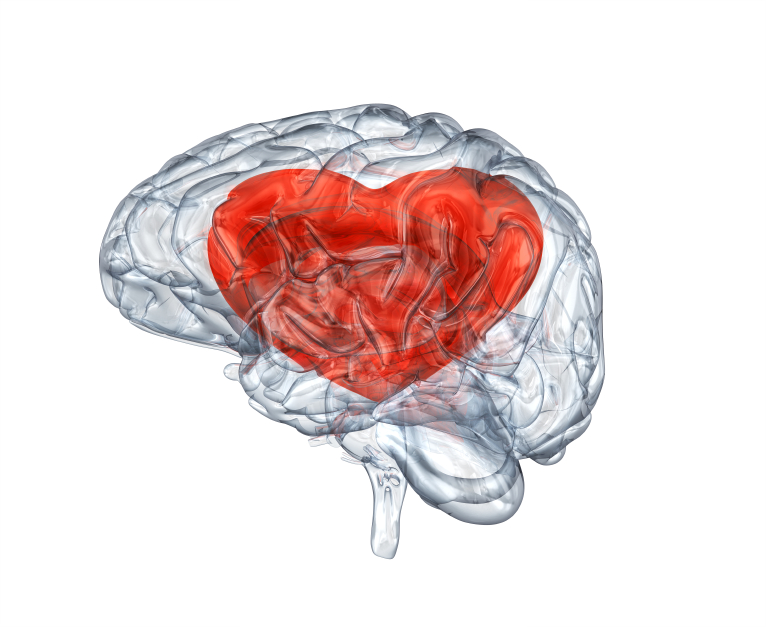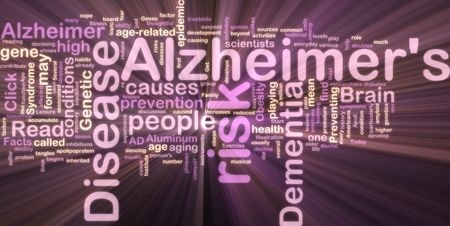
The battle of the bulge is a losing proposition for many Americans. According to data derived from the most recent (2015–2016) National Health and Nutrition Examination Surveys (NHANES), the prevalence of obesity among U.S. adults was 39.8%.(1)
Visceral fat—the deeper belly fat that accumulates around the organs of the abdominal cavity, is linked to many health disorders that include heart disease, type 2 diabetes, high blood pressure (hypertension, and dementia.
With the evidence mounting on the associations between obesity, heart disease (CVD), and type 2 diabetes (T2D), to an increased risk for Alzheimer’s disease, an increased awareness of these associations and how it is all connected, now appears regularly in many popular news feeds. (more…)

Midlife may be a critical juncture in one’s life and a time for contemplating what the rest of it will look like. It may be a time of reflection on time well spent or sheer regret for not having done enough of what you really love to do. Midlife may also be a turning point in your risk for late-onset Alzheimer’s disease as the disease process may already be silently brewing in your brain.
Indeed, midlife may be time of crisis—the proverbial fork in the road for many of us.
While the emotional and spiritual grappling that comes with it may reveal a bigger purpose and a path forward, it often overlooks the vehicle to get you there—your body and brain.
In all likelihood, your health may be into its own hidden midlife crisis and that may be part of your challenge—although, how would you know?
All too often, we are not even aware that the integrity of our health is headed south. We may not feel that great, but we put off doing something about it as we have enough on our hands to worry about.
Instead we begin to throw little fixes at it such as over the counter stress and pain relief meds. Coffee and 5 hour energy drinks become a crutch.
If you have been to a physician, he is likely encouraging more fixes in the form of drug therapy for elevated cholesterol, high blood sugar, or other conditions.
Plus, the belly fat is a nagging reminder that you are not taking your diet and exercise as seriously as you should.
For both men and women, hormones are likely depleted or out of balance, and stress has taken its toll as well. It is not easy to muster a boundless enthusiasm for the next big chapter in your life when you feel depleted and out of sorts.
For women, the menopausal transition brings its own set of unique challenges. Declining estrogen levels at menopause bings into question how that can that affect your long-term health. Low estrogen in the menopausal transition is linked to a greater risk for Alzheimer’s in mid-to-late life.(1)
What to do? Well, do nothing and it is likely to get worse.
(more…)

In a recently published study—NutriNet-Santé (10/2018)—that included the analysis of dietary records of 84,158 French adults that spanned between May 2009 and June 20017— the study authors concluded found that “Higher intakes of polyphenols, especially anthocyanins and catechins (flavan-3-ols), were associated with a statistically significant decreased cardiovascular disease risk.”(1).
The polyphenol intake was primarily derived from coffee (49%), tea (23%), fruits (17%), vegetables (8%), and wine (5%). (more…)

While there is active research for more effective disease-modifying drugs* the lack of any significant breakthroughs in the treatment of the Alzheimer’s disease has propelled a paradigm shift away from focusing solely on a drug solution, to an inclusive prevention model that emphasizes risk reduction and prevention, which promises to attenuate the portentous global burden incurred by the disease.
Current prevalence estimates (2016) for late-onset Alzheimer’s disease (LOAD) in the United States (U.S.) is approximately 5.1 million.(1) By 2050 the projected prevalence of LOAD is expected to escalate to 13.8 million and a staggering 106.8 million worldwide.(2,3) Pharmacological treatments for LOAD such as cholinesterase inhibitors and NMDA receptor antagonists may slow its progression or attenuate specific molecular pathomechanisms associated with the disease process, but are not long term solutions or curative.
(more…)









